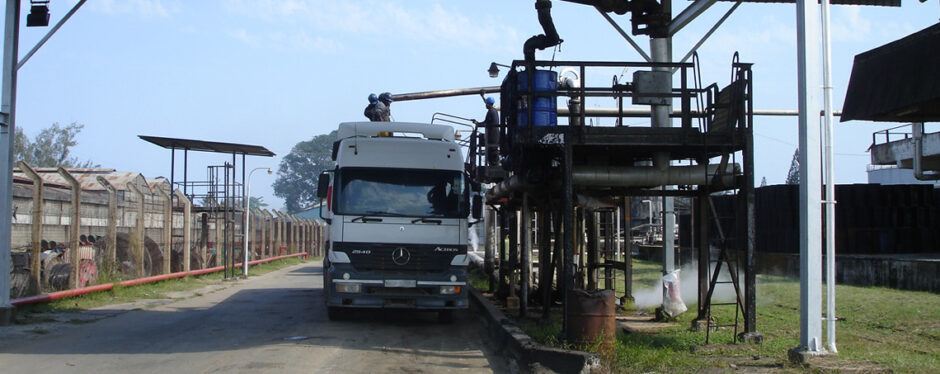
Kenya has signed a memorandum of understanding (MoU) with Eni on decarbonisation and biofuel.
The Italian company said it would work with the Ministry of Petroleum and Mining on studies to develop waste and residue collection. It would also consider agricultural projects.
The aim would be find non-food feedstocks that could be transformed into biofuels and bio-products at Eni’s bio-refineries in Italy, in Gela and Venice.
The company has retooled these traditional refineries. It went on to say it would also consider converting the Mombasa refinery into a bio-refinery. Another plant could also be build for second generation bio-ethanol from waste biomass. This would use Eni’s Ecofining™ e Proesa technologies.
Agricultural resources might include cover crops, castor and croton trees, it said. The waste and residue collection would use old cooking oil and other residues.
Eni said the project would help Kenya’s energy mix and support decarbonisation. It would also reduce the country’s reliance on imported petroleum products. Further benefits would include power generation and new jobs.
Eni has said it intends to be palm oil free by 2023. It also plans to double its bio-refineries capacity to around 2 million tonnes by 2024.
The Italian company has raised the prospect of working on the Mombasa refinery before. In December 2020, Eni CEO Claudio Descalzi held talks with Kenyan President Uhuru Kenyatta.
The Mombasa plant shut down in 2013.
